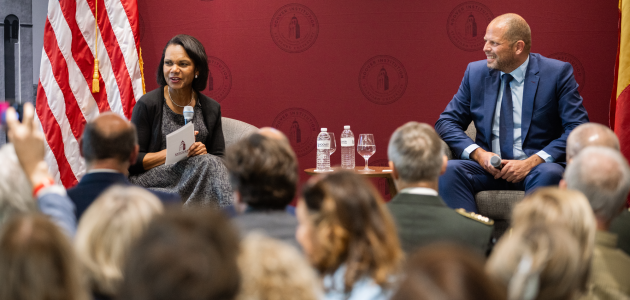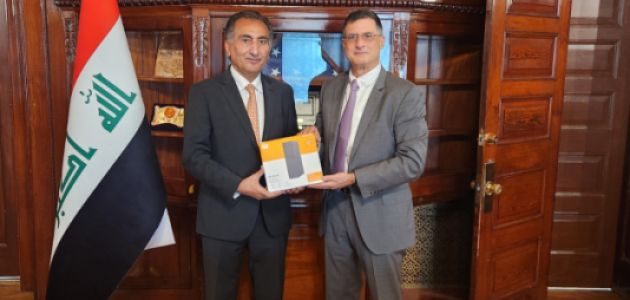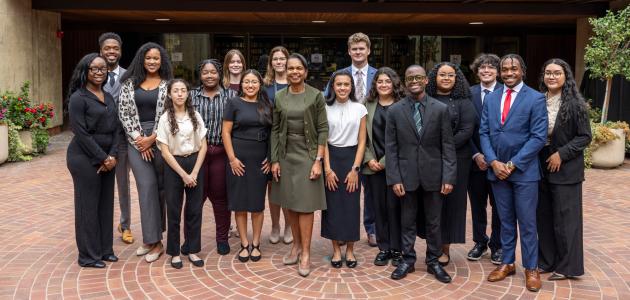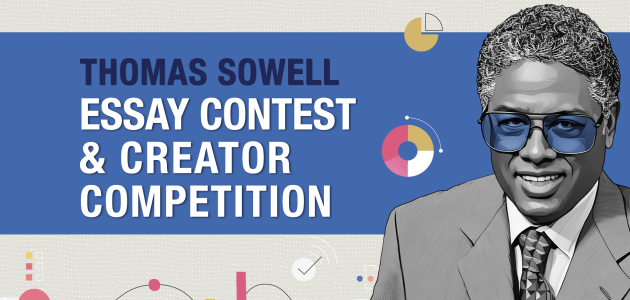In their new essay, Some Implications of the Turnover of Political Power in Taiwan (Hoover Institution Press, 2002), Hoover fellows Linda Chao, Ramon H. Myers, and Jialin Zhang discuss the repercussions of Taiwan’s 2000 election on Taiwan’s relations with mainland China and on the future of Taiwan’s political status.
On March 18, 2000, Taiwan’s citizens elected Democratic Progressive Party candidate Chen Shui-bian president, voting the Nationalist Party out of office. As Chao, Myers, and Zhang explain, this election signaled a major shift in the approach taken by Taiwan’s government towards mainland China.
“Instead of negotiating with mainland China’s authorities to achieve a political settlement of the divided China problem, President Chen has opted for negotiations to take place under a special state-to-state relationship,” they write.
At the same time, they explain, the new administration has been marked by an internal push for both political and cultural independence. The administration’s “silent revolution” promotes “a shared belief that Taiwan has the qualifications of a sovereign nation and that its people have the ethnic identity of Taiwan, not Taiwan and China.”
Chao, Myers, and Zhang also analyze mainland China’s responses to Chen’s initiatives, including its offer to reinterpret the “one-China” principle. They trace the increasing political fragmentation in Taiwan and the freezing of cross-strait negotiations that have “put Taiwan and mainland China on a collision course.” They also discuss opportunities for improving relations in the years to come:
“Long-term developments, such as growing integration of the Taiwan-mainland China market economies, a revitalized political opposition, and a favorable perception of mainland China’s modernization could neutralize Taiwan’s nationalism and restart cross-strait talks.”
About the Authors
Linda Chao, a research fellow at the Hoover Institution, is the coauthor of The First Chinese Democracy: Political Life in the Republic of China on Taiwan (John Hopkins University Press, 1998). She is also a novelist and short story writer.
Ramon H. Myers is a senior fellow and curator of the East Asian Collection at the Hoover Institution. The author of more than one hundred journal articles and book reviews, Myers was the associate editor of the Journal of Asian Studies and edited Ch'ing-shih wen-t'i (Studies in Ch'ing history).
Jialin Zhang is a visiting scholar at the Hoover Institution. He received his degree at the Moscow Institute of International Relations in 1960 and served as a senior fellow at the Shanghai Institute for International Studies, China.
The Hoover Institution, founded at Stanford University in 1919 by Herbert Hoover, who went on to become the 31st president of the United States, is an interdisciplinary research center for advanced study on domestic public policy and international affairs.













